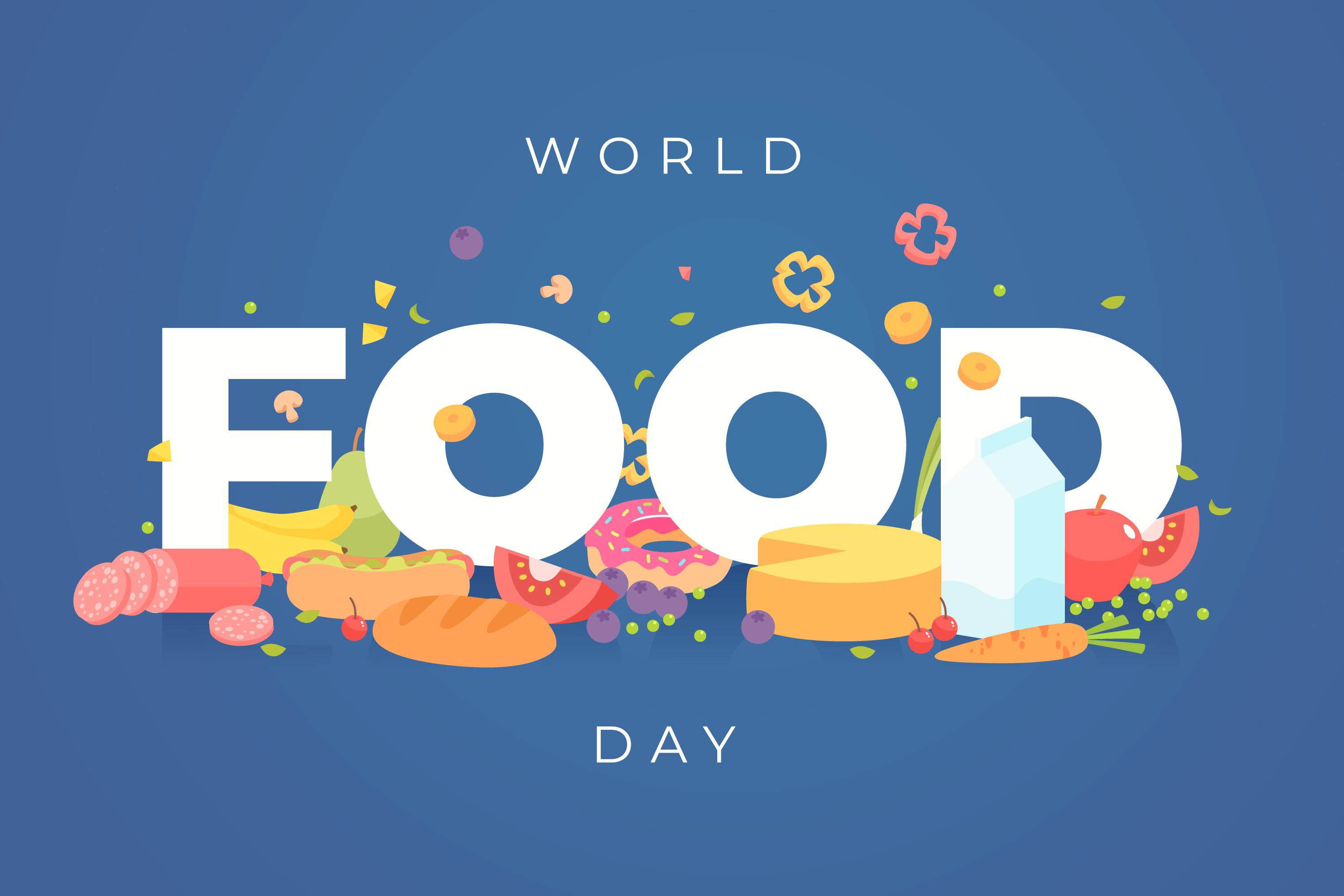World Food Day is celebrated every year on 16 October. It marks the founding of the UN's Food and Agriculture Organisation (FAO) in 1945. The aim is simple: to raise awareness about hunger, food security, nutrition and sustainable agriculture. On this day, governments, NGOs, communities and individuals come together to act and speak out. The idea began in 1979, when FAO member countries agreed to designate a day for these issues. Since then, over 150 countries observe it each year. The significance is profound: it reminds us that while the world produces enough food, millions still go hungry. It calls for fairer food systems, better nutrition and sustainable practices. In this article, we'll take a look at the history, the theme for 2025, and the significance of World Food Day.
What Is the Theme for World Food Day 2025?

The theme for World Food Day 2025 is "Hand in Hand for Better Foods and a Better Future". This theme highlights how cooperation is key: governments, farmers, communities and individuals must all work together. It invites joint efforts for sustainable food systems to improve nutrition, the environment, and quality of life. The "Hand in Hand" idea also ties to FAO's 80th anniversary in 2025. In this article, we will see how this theme shapes campaigns, calls for action, and global programmes this year.
What is the History World Food Day?
World Food Day was officially established by FAO in 1979, though FAO itself was founded in 1945. The idea emerged at FAO's 20th General Conference. The goal is to remind the world of the issues of hunger, food security, and agriculture. Since then, over 150 countries mark it every year. The creation of this day helps focus attention, prompt discussion, and inspire action to reduce hunger and improve food systems.
What is the Significance of World Food Day?
World Food Day matters now more than ever. The world produces enough food to feed us all, yet many still suffer from hunger or poor nutrition. It reminds us that problems are often about inequality, waste, and access—not just scarcity. The day encourages policies and actions for sustainable farming, fair trade, climate resilience, and food justice.
How Is World Food Day Observed?
On 16 October each year, many countries hold events to mark World Food Day. Activities include fairs, workshops, food drives, marches, and school programmes. Governments, NGOs, local communities, and farmers all take part. The FAO organises a global flagship event, often held in Rome. In 2025, this event will run from 10 to 17 October at the FAO headquarters. Through these actions, people everywhere are reminded of hunger, nutrition and sustainable food systems.
What Role Does It Play in Global Goals?
World Food Day supports the United Nations Sustainable Development Goals (SDGs). In particular, it backs SDG 2 (Zero hunger) — ending hunger and ensuring food security. It also ties to SDG 12 (responsible consumption) by urging reduced food waste. And it links to climate action (SDG 13), because resilient food systems must deal with climate change. The day helps align national policies, international alliances, and grassroots work with these global goals.
Comments
All Comments (0)
Join the conversation